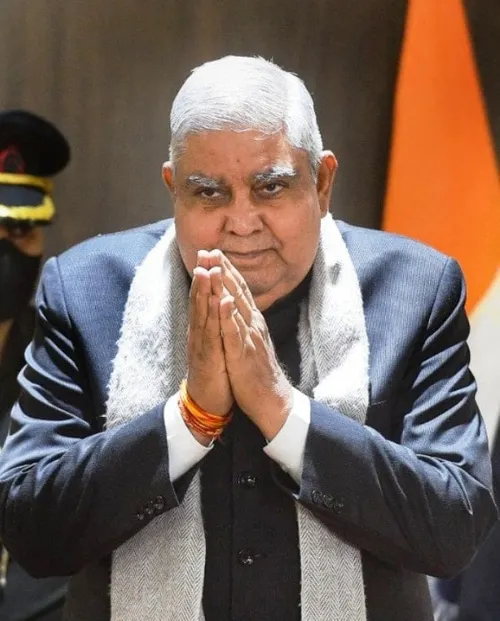
Safeguard measures are actions taken to protect domestic industry against import surges.
| Photo Credit:
AMIT DAVE
The US has said that it is ready to consult with India at the WTO on the 25 per cent tariffs it imposed on steel and aluminium imports from all countries provided these were not treated as safeguard measures as requested by New Delhi.
In response to India’s request for consultations on the tariffs under the WTO Agreement on Safeguards made last week, the US said in a submission that these actions were not safeguard actions but security measures to protect national security.
“Nonetheless, we are open to discuss this or any other issue with India. Any discussions regarding the tariffs would not be under the Agreement on Safeguards and would be without prejudice to our view that the tariffs are not safeguard measures,” per the US submission to the WTO Committee on Safeguards circulated on Thursday.
Safeguard measures are actions taken, in the form of higher tariffs or other restrictions, to protect domestic industry against import surges. However, the WTO rules stipulate that serious injury to the local industry has to be proved first without which the measures would be invalid.
Tariff impact
The 25 per cent tariffs on steel and aluminium imposed by Trump again last month nullify all agreements of the past. The fresh duties affect an estimated $5 billion of India’s engineering goods exports and are a threat to about $1 billion worth of aluminium exports.
In its last week’s submission to the WTO, India pointed out that the US, on March 8, 2018, promulgated safeguard measures on certain steel and aluminium articles by imposing 25 per cent and 10 per cent ad valorem tariffs respectively which were revised, effective from March 12, 2025, with an unlimited duration.
“Notwithstanding the US’ characterisation of these measures as security measures, they are in essence safeguard measures,” India’s submission stated. It requested consultations on the matter as it had “significant export interest”.
Trump tariff
When Trump imposed tariffs on steel and aluminium in 2018 during his first tenure as President, India initiated consultations at the WTO which initially did not yield results. Thus, in 2019, India imposed retaliatory tariffs on 28 products exported by the US.
In 2023, following successful negotiations with the Biden regime, New Delhi rolled back the retaliatory tariffs on key items, such as apples, almonds, walnuts and lentils, and the US partly lifted the duty restrictions on India through quotas.
“India hopes that it will have productive discussions with the US on the steel and aluminium tariffs based on how things played out in the past,” a source tracking the matter said.
Published on April 17, 2025
Anurag Dhole is a seasoned journalist and content writer with a passion for delivering timely, accurate, and engaging stories. With over 8 years of experience in digital media, she covers a wide range of topics—from breaking news and politics to business insights and cultural trends. Jane's writing style blends clarity with depth, aiming to inform and inspire readers in a fast-paced media landscape. When she’s not chasing stories, she’s likely reading investigative features or exploring local cafés for her next writing spot.





